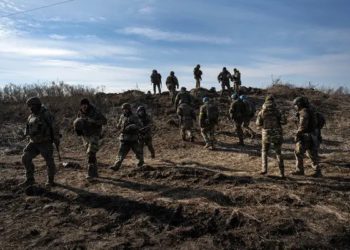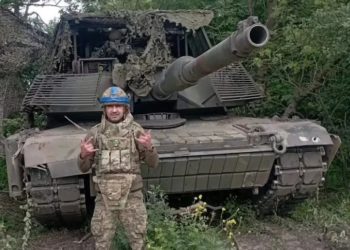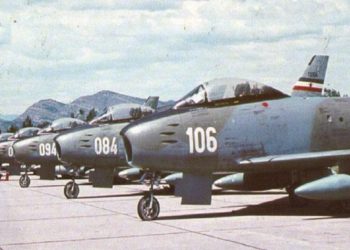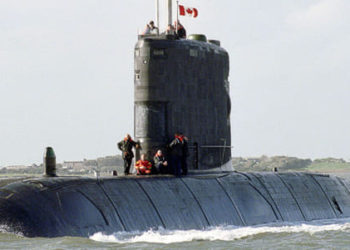The Grog Mutiny: A Wild Cadet Party Over Eggnog

On Christmas Eve of 1826, hundreds of Cadets at the United States Military Academy in West Point went crazy after drinking copious amounts of eggnog during impromptu Christmas celebrations. This notorious event came to be known as the “Grog Mutiny.”
The Spark That Ignited the Mutiny
A few days earlier, a large amount of whiskey was smuggled onto school grounds. Earlier that year, the new superintendent, Sylvanus Thayer, had banned alcohol from Academy premises. This decision came after cadets had too much to drink during the 4th of July celebrations. As a result, not only was alcohol banned, but the annual Christmas party was canceled as well. It’s important to note that West Point was a very wild place back in the day, with little to no discipline among the cadets.

Obviously, this did not sit well with the cadets, so some of them decided they would have their own celebrations in their dorms. Hence the reason for the smuggled whiskey. They also began to buy or steal food to have something to eat at the party, as well as an extra gallon of moonshine from a local bar. Sylvanus Thayer knew that the cadets were going to have this party, but he decided to let it happen. It was Christmas after all, and many of the cadets were away from their families. Thayer would just look the other way and let them have their fun.
The Eggnog Party Begins
So, Christmas Eve arrived, and as the day ended, the cadets broke out the buckets and began to mix up the eggnog with the whiskey, milk, and eggs they had. The two officers in charge of looking over the cadets eventually went to bed, and then the party began. At first, things were casual, and they were having a good time. But as the eggnog flowed, things got louder and louder, and eventually, one of the officers in charge, a guy named Hitchcock, woke up and knew what was happening.
But just like Thayer, Hitchcock was going to be cool about it and just tell the cadets to quiet down. At least that was the plan at first, but when some cadets decided to fool around with him by banging on his door, the officer decided to come down hard. He went back and started kicking down doors and taking names—literally. But by now many of the cadets were quite drunk and saw Hitchcock’s action as an attack on their honor and decided they were going to hunt him down and kill him.
The Chaos Escalates
Meanwhile, another cadet tried to barricade the door to his room so that his friends could hide the booze. But he was caught and told to “go to bed” by Hitchcock. That cadet was named Jefferson Davis, future president of the Confederacy, and West Point’s resident troublemaker. Hitchcock made him go to bed.
Outside of the barracks, some cadets managed to steal a drum from one of the sentries on duty and began to play it loudly. This drum was supposed to be used to alert the campus in case of an emergency, and it ended up waking up another officer by the name of Thornton. When he went to investigate, he was confronted by a cadet with a sword.
Meanwhile, Hitchcock was forced to kick down another door after some cadets barricaded their room. When he did, he came face to face with a cadet pointing a pistol right at him. But at the last minute, another cadet knocked the gun away just as it went off, narrowly hitting Hitchcock. The gunshot alerted Thornton, and when he went to investigate, he was knocked out by another cadet armed with a piece of firewood. With things now totally out of control, Hitchcock gave the order to the Commandant, Commodore William Worth.
The Aftermath of the Grog Mutiny
Some of the cadets heard Hitchcock and thought he said “Get the Bombardiers.” Both the cadets and the Bombardiers (artillery men) who shared the campus hated each other. Thinking things were about to get real in the worst way possible, the cadets began to build up defenses and prepare for a possible attack. Obviously, the attack never happened, and by midday, they had all passed out, bringing an end to the Grog Mutiny.
Surprisingly, only two cadets were expelled from the academy for their roles in the “Mutiny,” though many more who had been expelled, returned the following year. This was mainly because a third of the campus had taken part in the event, and it was not realistic to expel all of them.
~NC









